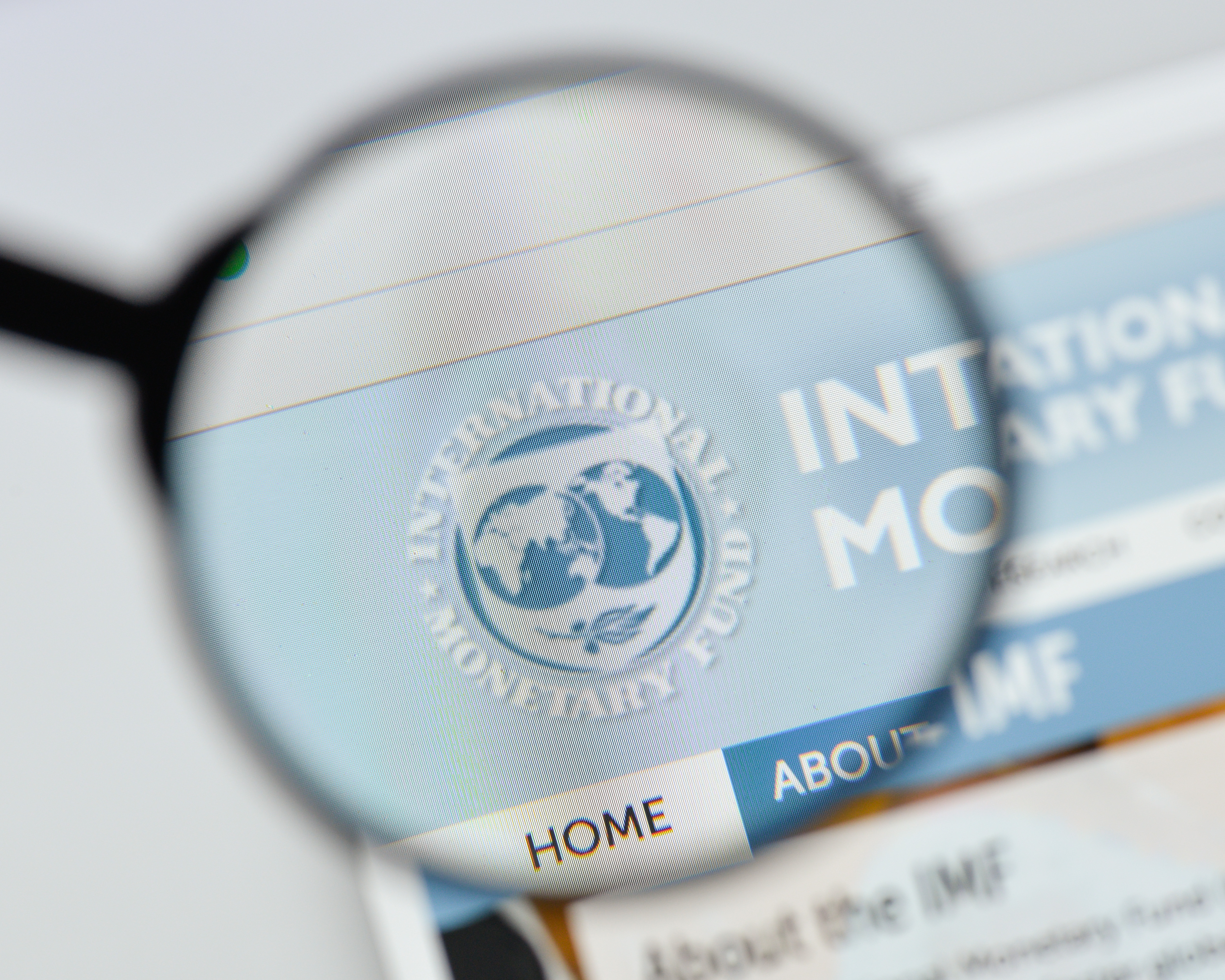
On this year’s International Day for the Eradication of Poverty, the UN Special Rapporteur on Extreme Poverty and Human Rights, Olivier De Schutter, delivered a message about the catastrophic debt crisis impacting developing nations. His statement makes it clear: the international financial system is failing, and it’s having a devastating impact on human rights.
At CESR, we welcome and support De Schutter’s call for urgent reforms. The debt crisis is not just about economic data—it directly affects the lives of millions of people. Governments are forced to divert resources from essential services like education and healthcare to pay back wealthy creditors, with devastating consequences, particularly in the world’s poorest countries. This is leading to violations of human rights, undoing much of the progress made towards achieving development goals and condemning entire generations to lower levels of well-being, poverty, when not deprivation, and higher levels of mortality.
Debt repayment services are also siphoning funds away from the much-needed climate mitigation and adaptation measures. Most affected countries by this debt burden are also on the frontlines of the climate crisis, worsening the impact on already strained communities. De Schutter’s statement points out that over 3 billion people live in countries where more is spent on debt repayments than on public services, deepening poverty and inequality. African countries, for example, often face interest rates four times higher than those paid by wealthier nations.
For those seeking to understand more deeply the social impact of the debt crisis, our Decoding Debt Injustice guide offers practical tools to analyze and address these issues. Co-published with Debt Justice, it helps activists and researchers examine how debt undermines human rights and how to push for effective change.
Read Decoding Debt Injustice here to explore how debt affects people’s rights and how to advocate for a just system.